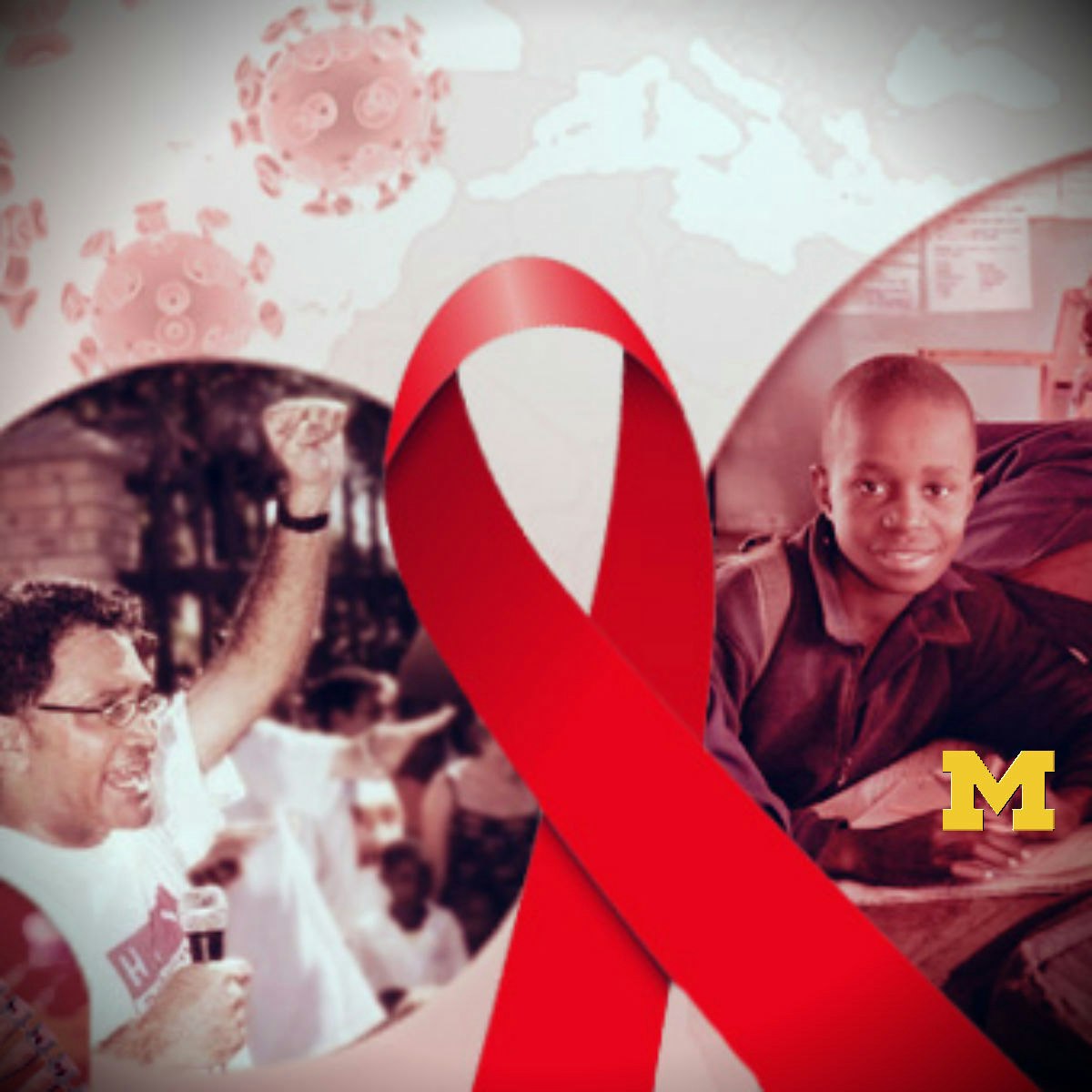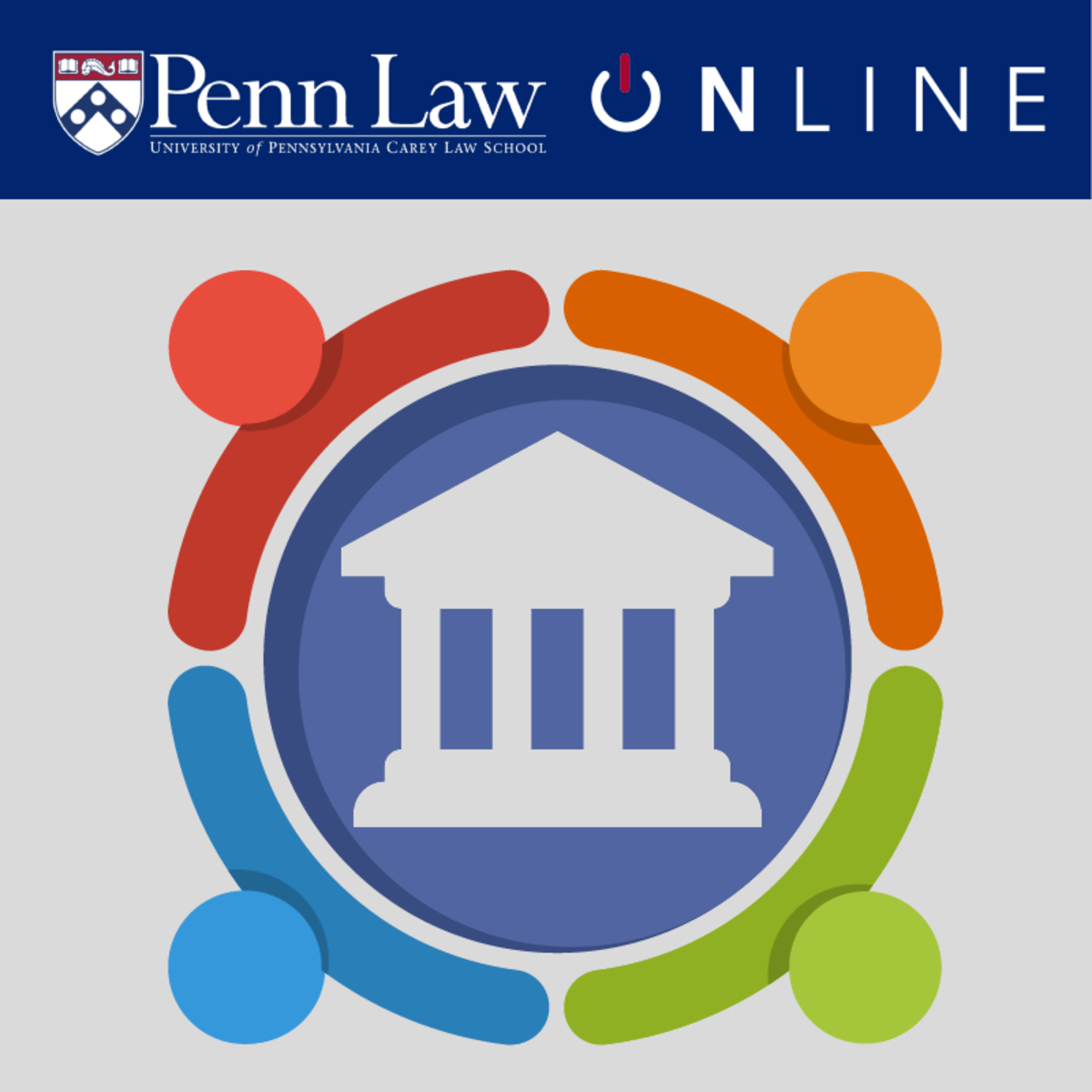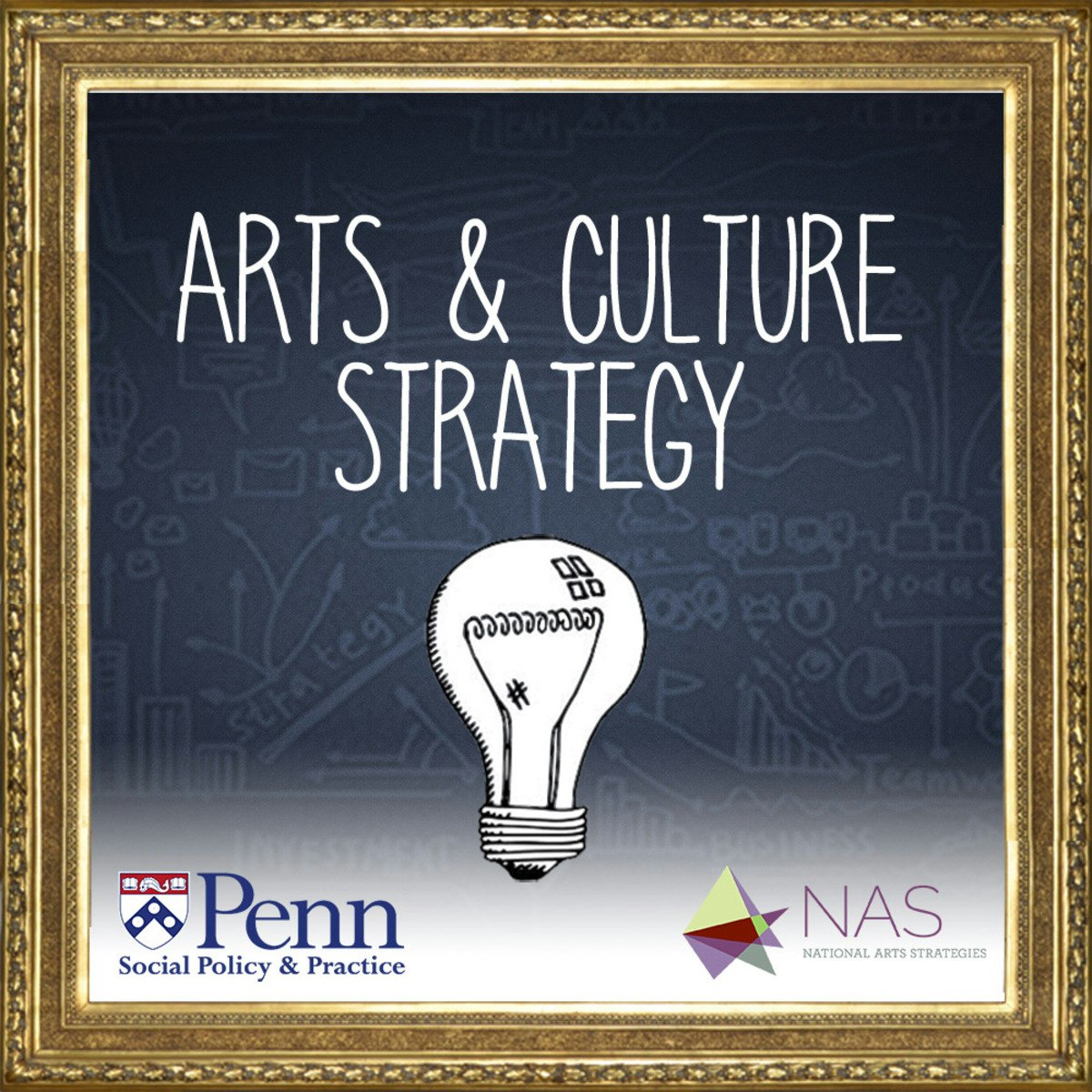Back to Courses









Social Sciences Courses - Page 26
Showing results 251-260 of 672

Welcome to Game Theory
This course provides a brief introduction to game theory. Our main goal is to understand the basic ideas behind the key concepts in game theory, such as equilibrium, rationality, and cooperation. The course uses very little mathematics, and it is ideal for those who are looking for a conceptual introduction to game theory.
Business competition, political campaigns, the struggle for existence by animals and plants, and so on, can all be regarded as a kind of “game,” in which individuals try to do their best against others. Game theory provides a general framework to describe and analyze how individuals behave in such “strategic” situations.
This course focuses on the key concepts in game theory, and attempts to outline the informal basic ideas that are often hidden behind mathematical definitions. Game theory has been applied to a number of disciplines, including economics, political science, psychology, sociology, biology, and computer science. Therefore, a warm welcome is extended to audiences from all fields who are interested in what game theory is all about.
Firearm Purchaser Licensing Teach-Out: The Background Check Policy Not Enough People Are Talking About
The best available evidence shows that comprehensive background checks by themselves are insufficient at reducing gun violence, but strong bodies of research demonstrate that states with comprehensive background checks coupled with firearm purchaser licensing, or permit-to-purchase laws, have significantly fewer firearm-involved homicides, fatal mass shootings, and suicides. Additionally, public opinion polling research consistently finds that 75% or more of U.S. adults support firearm purchaser licensing laws and 60% or more of gun owners support these policies.
This Teach-Out event includes a general overview of firearm licensing policies and evidence of their effectiveness, as well as materials on the social context of licensing, including public opinion polling and differences across geographic areas and groups.
Over the next four weeks, you are invited to join us as we explore this topic together through brief lessons, weekly discussions, and call-to-action activities for you to undertake in your own community.
We would also like to acknowledge our funders, the Johns Hopkins Center for Teaching and Learning and the David and Lucile Packard Foundation. Without their generous contributions, this Teach-Out would not be possible and we are so very grateful for their support.

Introduction to Early Childhood
This course is targeted toward individuals wishing to operate a family day care center, and it covers topics including the fundamentals of early childhood development; the importance of play and Developmentally Appropriate Practice; and the significance of building strong family-educator relationships and how to achieve them.
Since a Family Policy Handbook is essential for anyone operating a family day care center, this course includes the development of one of three imperative sections of the handbook. The remaining two sections are created in subsequent courses of the Home-Based Childcare series available on Coursera.

Internal Displacement, Conflict and Protection
This course provides insight into the phenomenon of internal displacement, a major humanitarian and development challenge in today’s world. Taking a global perspective, you will learn about who internally displaced persons (IDPs) are and where they come from, as well as delving into the fundamentals of the global protection response for IDPs and potential ‘solutions’ for those who have been internally displaced. The course places you at the centre of the learning experience through engagement with a range of robust and challenging activities, materials and online peer engagement.
This course has been developed by a specialised consortium of research networks and institutions working on IDP protection and research:
• Global Engagement Network on Internal Displacement in Africa
• Latin American Network on Internal Displacement
• Middle East Network for Research on Internal Displacement
• Internal Displacement Research Programme and Birkbeck at the University of London.
Learners who have completed this course may seek to continue studying on our online Master’s programme in Refugee Protection and Forced Migration Studies. In 2019, this MA was awarded the prestigious Roger Mills Prize for its innovative approach to online learning. That programme builds upon the MOOC experience, delivering a fully accredited Master’s degree in an online learning environment.
The development of this course was supported by the Arts and Humanities Research Council (AHRC), on behalf of the UKRI Global Challenge Research Fund (GCRF) as part of the funded project “Interdisciplinary Network on Internal Displacement, Conflict and Protection” (AH/T005351/1), working in collaboration with network leaders Dr Beatriz Sanchez Mojica, Dr Hana Asfour and Dr Romola Adeola.
Key learning objectives:
• Explain the main trends in internal displacement, and why IDPs merit special assistance
• Assess ‘protection’ and ‘solutions’ for IDPs, including the links to development
• Evaluate the experience of internal displacement, drawing on research and creative sources

AIDS: Fear and Hope
The basic biology of the virus, HIV, and the disease it causes, AIDS. The economic, social and political factors that determine who gets sick and who remains healthy, who lives and who dies. The progress of scientific research and medical treatments. The reasons for hope; the reasons for fear. (To get a glimpse of some of the materials that students have been posting on the course forums, go to @AIDSFAH or #AIDSFAH.)

Sustainable Regional Principles, Planning and Transportation
This course will provide students with an introduction to sustainable regional principles, regional planning concepts and evaluate regional transportation system issues. This will be achieved through dynamic video lectures, practical case studies and the evaluation of practices for success. These will include discussions of the importance of the regional plan, how to engage community involvement, the importance of understanding a development transect and others. Strategies for growth priorities, along with consideration of available housing and food security will also be addressed. The concepts of providing a rural preserve and a rural reserve will be evaluated and mapping of key aspects of the region, such as neighborhoods and districts will be explained. Evaluation of regional transportation systems will be addressed including multi-mobile balance and building choices into the transportation system modes. The considerations for including a regional railway system along with accommodating user mobility and accessibility will be explored.
By the end of this course, you will be able to:
- Formulate the relationship between regional principles, smart growth, and sustainability.
- Evaluate growth priorities, community involvement and scale of governance to achieve sustainable smart growth.
- Evaluate and explain regional mapping of rural preserves, rural reserves, neighborhoods, and districts as important tools in regional smart growth planning.
- Describe the implications of mapping corridors and regional centers to the overall smart growth planning at the regional level.
This course is for :
- Government Officials involved planning, designing, monitoring, enforcement, and assessment of sustainable project developments at the local, state, and federal level.
- Private sector companies in the transportation and municipal design and construction business.
- Architects interested in advancing sustainable concepts for cities and communities.
- Foundations, associations, and other NGOs that support smart growth strategies.
- Academic faculty and students studying and researching community sustainability and resilience.
- Private citizens interested in improving their communities and living conditions.
The following list identifies background knowledge that will help you succeed in this course.
- helpful to have a general understanding of how public/private projects are planned and implemented
- have a strong interest or experience in planning and developing regional sustainable development plans
- familiar with how government organizations function in the areas of transportation planning and project development
- served as a volunteer committee member or leader on regional transportation projects and/or regional policy development initiatives
- have a background and interest in environmental protection plans and projects
- a general knowledge of regional transportation project planning and implementation
- general knowledge or experience in public participation in governmental policy development
- a strong interest and/or experience in improving the urban environment for the benefit of its citizens
- have a general knowledge of legal and policy issues involved in sustainable development
- have experience or general knowledge of social equity issues

Risk in Modern Society
Risk has become one of the defining features of modern society. Almost daily, we are preoccupied with assessing, discussing, or preventing a wide variety of risks. It is a cornerstone notion for businesses and organizations, but also for nation states and their many levels of government. And even for individuals, risk and the avoidance or embracing thereof, is a key theme.
The course Risk in Modern Society sheds light on the broad concept of risk. In five distinctive weeks, this course closely examines various types of safety and security risks, and how these are perceived and dealt with in a wide array of professional and academic fields, ranging from criminology, counter-terrorism and cyber security, to philosophy, safety and medical science. Developed in collaboration with scholars from three universities (Leiden, Delft and Erasmus), this course will search for answers to questions such as: “what is risk?”, “how do we study and deal with risk?”, “does ‘perceived risk’ correspond to 'real' risk?”, and “how should we deal with societal perceptions of risk, safety and security?

Asian American History and Identity: An Anti-Racism Toolkit
In this course, students will develop a greater understanding of Asian American history and identities, explore the problematic history of anti-Asian discrimination in the US, and develop skill sets that they can use to address anti-Asian hate and violence in their community. Target learners include students interested in Asian American history and Anti-Racism, but also any learner interested in creating more inclusive communities for AAPI Americans and stopping racism, hate, and violence in their community.
Drawing from a diverse range of Asian American experiences, this course will utilize a variety of course-specific and open-source materials and activities that include facilitated conversations, interviews, videos, articles, podcasts, and art to guide the learner through 3 weekly modules. Week 1 focuses on the history of Asian American cultures and identities in the US. Week 2 tightens this lens to examine contextual examples of anti-Asian racism in US history and culture as well as artists, activists, and communities who have actively resisted Anti-Asian violence. Week 3 explores examples of Asian American activism and anti-racism using a humanities-centered approach and encourages learners to think about ways to deploy the skills developed throughout the course in their own communities and lives. During the course, learners will have the opportunity to complete self-guided reflections and responses to course material that will develop their knowledge of anti-racist practices and active bystander intervention. Learners who complete the course will be offered the opportunity to earn a Coursera badge/certificate and all participants will be encouraged to take the knowledge and skills gained from the course into their communities.

U.S. Health Law Fundamentals
This course explores how statutes, regulations, common law, and market forces help or hinder three major goals of policy makers: increasing access, reducing cost, and improving quality. We will examine the Supreme Court’s rulings on the ACA and other legal aspects of modern health care reform. Learners who successfully complete this course will be able to describe the laws, regulations, common law and market forces that shape our health care system and identify areas where ideas and innovation are needed; explain the malpractice system and how it influences medical practice; and analyze legal aspects of the ACA.

Arts and Culture Strategy
Arts and culture leaders have a tough but rewarding task: creating and leading sustainable organizations that deliver real social value. There is a lot of competition out there. Being an effective leader means constantly adapting, cleverly using the best tools to reach as many people as possible. This course is designed to help leaders at any level do just that.
